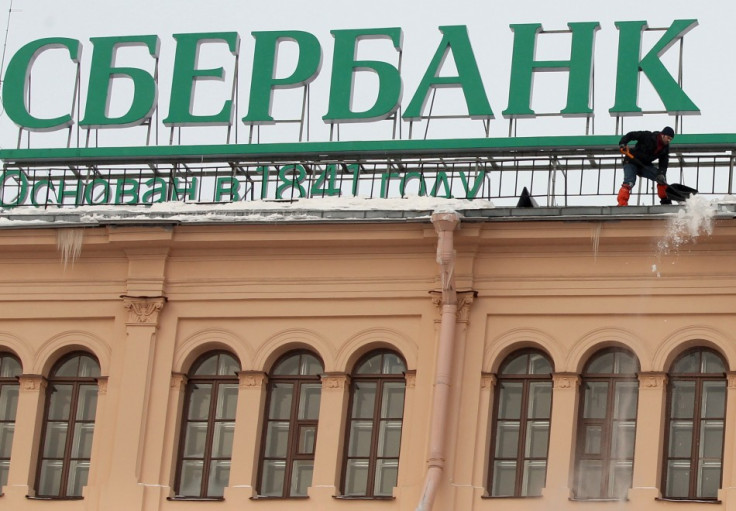Russian government testing how blockchain can revolutionise document exchanges
The Federal Anti-Monopoly Service has teamed up with Sberbank.

The Russian government is reportedly teaming up with the country's largest financial institution to launch a pilot programme testing how the decentralised nature of blockchain technology can be utilised to aid the exchange of sensitive documents.
The government department in question, the Federal Anti-Monopoly Service (FAS), is charged with managing regulation around pricing of goods and services in the country alongside "investments in the business entities of strategic importance for the Russian national defence and state security."
Announcing a partnership with Sberbank, which operates globally and has over 17,000 branches domestically, the project – dubbed Digital Ecosystem – will aim to analyse the potential of increasing the speed, reliability and quality of interaction during document exchanges.
At the time of writing, the pair have reportedly designed and implemented an "electronic interaction model" that allows documents to be transferred and stored in encrypted format while providing a system that allows for the signing of documents using electronic signatures.
For a country – and a government – that has been historically on-the-fence about the embrace of blockchain, and especially virtual currencies like Bitcoin, it is a welcome sign of progress. The project will also involve a number of Russian companies, including Aeroflot, Russian Coal, and ForteInvest.
Andrey Tsarikovsky, deputy-head of FAS, said: This decentralising approach cuts costs because data processing centres are not required and the requirements for equipment protection are lowered. It is noteworthy that Russia is one of the first countries in the world where the state and market participants are looking at these innovations as a way to simplify business operations."
Meanwhile, Stepan Kuznetsov, the managing director of Sberbank's shared services department, claimed that Digital Ecosystem will be innovative "because the document exchange process does not involve communications providers." He added: "Its cost-optimising effect is achieved by using the networks of its participants."
Back in September, Pavel Khodalev, the chief technology officer at Sberbank, outlined his vision for blockchain innovation. As reported at the time, he touted a number of projects including a new settlement depository and proxy voting system, both implemented on a blockchain.
Khodalev claimed the Russian government is an "advocate" of blockchain technology. "Right now we have a chicken-and-egg situation because we lack standards," he admitted, but added: "We hope to have this in place by the end of 2017 and expect the first enterprise solutions by 2019."
In early October, the central bank of Russia completed a landmark trial into its use of a distributed ledger, making the first transactions on its 'Masterchain' prototype. Olga Skorobogatova, deputy director of the Bank of Russia said it could be "the new-generation financial infrastructure in the future."
© Copyright IBTimes 2025. All rights reserved.






















